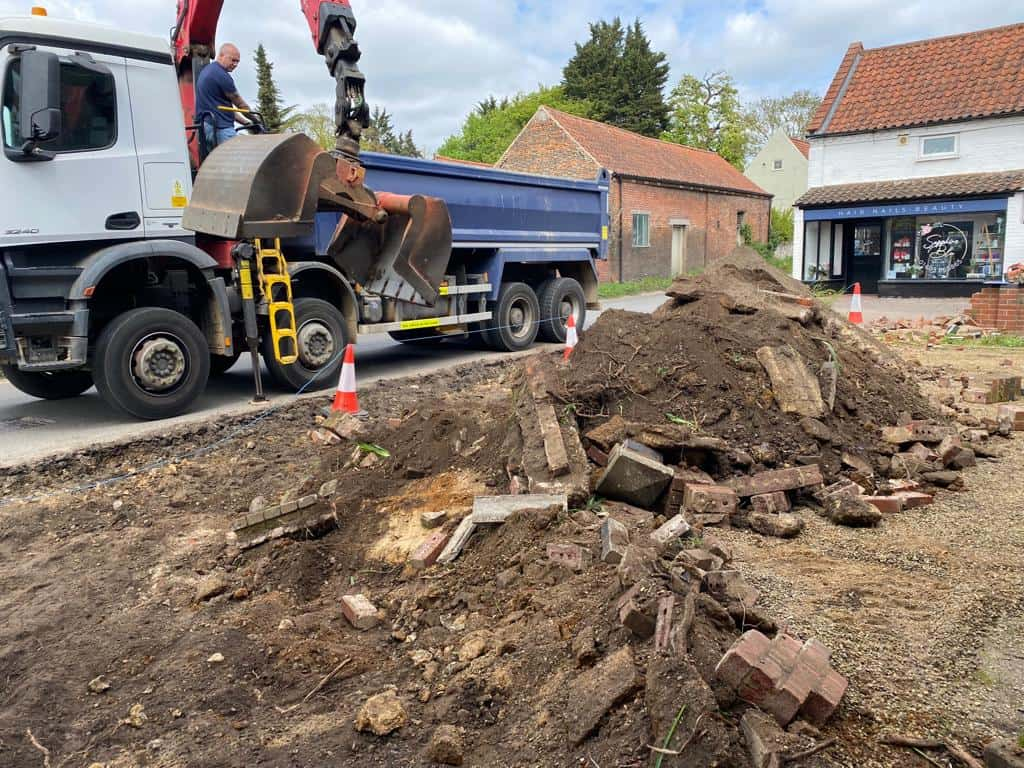7 Things Only Professional Surfacing Contractors Know How to Handle
Introduction
When it comes to installing a new driveway or resurfacing a private road, the difference between a job done and a job done properly often comes down to who’s holding the tools. While DIY kits and casual tradesmen might promise a good deal, the reality is that professional surfacing contractors bring a level of skill, insight, and foresight that only experience can teach.
At Ashford Driveways, we’ve worked across Kent on everything from simple tarmac drives to complex resin-bound installations. We’ve seen the costly consequences of cutting corners—and we’ve stepped in to put them right. In this blog, we’re lifting the curtain on 7 critical challenges that only true professionals know how to handle, ensuring every job is built to last, look sharp, and perform year-round.
Key Takeaways
- Quality surfacing demands expert planning, groundwork and material handling
- Professionals spot and solve drainage, access and structural issues before they happen
- Precision tools and techniques ensure durability and clean finishes
- Mistakes avoided at installation stage save time, money and repairs later
1. Sub-Base Preparation Isn’t One-Size-Fits-All
The longevity of any surfacing job starts with what’s underneath. Professionals understand that different soils, slopes, and usage levels require tailored sub-base solutions. For instance:
- Clay-heavy ground needs improved drainage
- Heavily trafficked drives require deeper, compacted layers
- Uneven terrain may need reinforcement or terracing
An amateur might simply lay stone and hope for the best—a pro ensures the foundation is strong, level and fit for purpose.
2. Drainage Must Be Engineered, Not Eyeballed
Water is the silent killer of poorly installed driveways. Without adequate fall and drainage, you risk puddling, frost damage, and surface erosion. Professional contractors calculate the correct gradient and drainage points, ensuring surface water is properly managed—especially important in areas like Ashford where heavy downpours are not uncommon.
Solutions might include:
- Channel drains along garage thresholds
- Soakaways to disperse water below ground
- Permeable surfacing to reduce run-off
3. Material Handling Requires Precision Timing
Whether it’s hot tarmac, resin, or concrete, professional teams understand that timing is everything. The window between mixing, laying and compacting is often short. Misjudging it can lead to poor adhesion, uneven finishes, or premature cracking.
Professionals:
- Work in coordinated teams to ensure material is used within spec
- Control temperature and weather conditions
- Know how to adjust on the fly if the job changes mid-process
4. Edge Restraints and Detailing Matter
It’s the edges and joins that often show wear first. A professional contractor will install solid, well-anchored edge restraints—essential for block paving, tar & chip, and resin work. They also pay close attention to fine detailing:
- Neat cuts around drains and manholes
- Border design to add strength and appeal
- Transitions to paths, steps, or roads without visible joins
These touches make the difference between a job that looks amateur and one that looks polished.
5. Navigating Access and Logistics Smoothly
Large-scale surfacing requires more than just material—it needs coordination. Professionals know how to manage:
- Delivery and storage of materials on restricted sites
- Access for heavy equipment
- Timing to minimise disruption to residents or businesses
In places like Ashford’s older neighbourhoods or rural outskirts, this logistical planning is critical.
6. Adapting to Unexpected Ground Conditions
Mid-job surprises are not unusual—tree roots, soft patches, buried concrete, or utility pipes can all throw a spanner in the works. An experienced contractor can quickly assess and adapt, choosing the right fix without compromising the finish or delaying the project unnecessarily.
7. Finishing and Aftercare Are Built In
A driveway might look complete once it’s dry, but only professionals know the importance of final compaction, joint sanding, and curing time. They also advise on aftercare that protects your investment, from avoiding heavy traffic too soon to planning periodic cleaning or resealing.
These finishing touches ensure your surface remains strong and sharp-looking for years.
Conclusion
There’s a lot more to surfacing than laying material and smoothing it over. It takes planning, experience, and precision at every stage to ensure your driveway or pathway not only looks great, but stays that way. From sub-base to surface finish, professional surfacing contractors know what to look for, what to avoid, and how to deliver results that last.
At Ashford Driveways, we pride ourselves on workmanship that combines technical know-how with flawless presentation. If you’re planning a surfacing project—big or small—get in touch today to work with a team that understands the ground beneath your feet and how to get the most from it.
Call us on: 01233 542 897
Click here to find out more about Ashford Driveways
Click here to complete our contact form and see how we can help with your Driveway needs.

